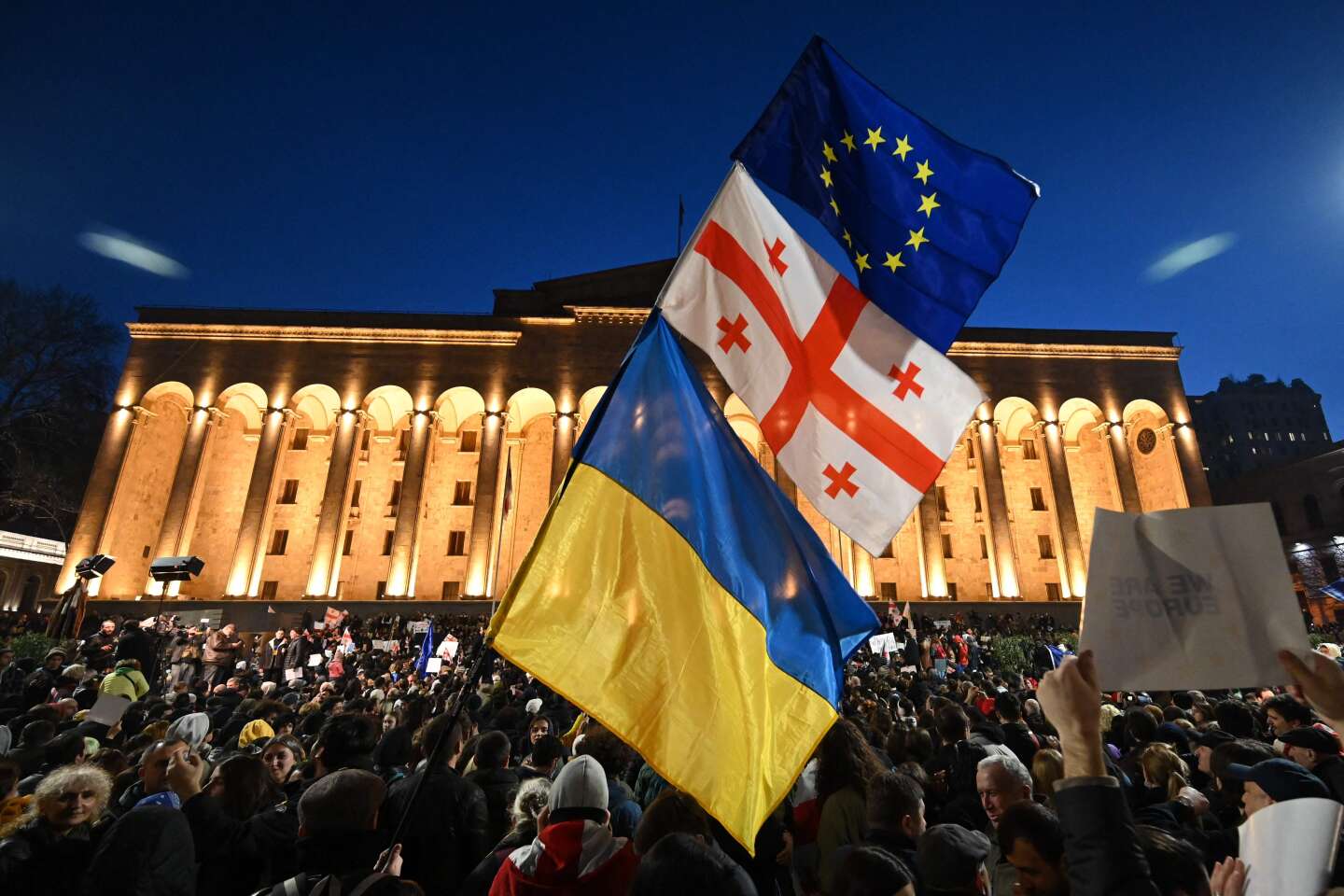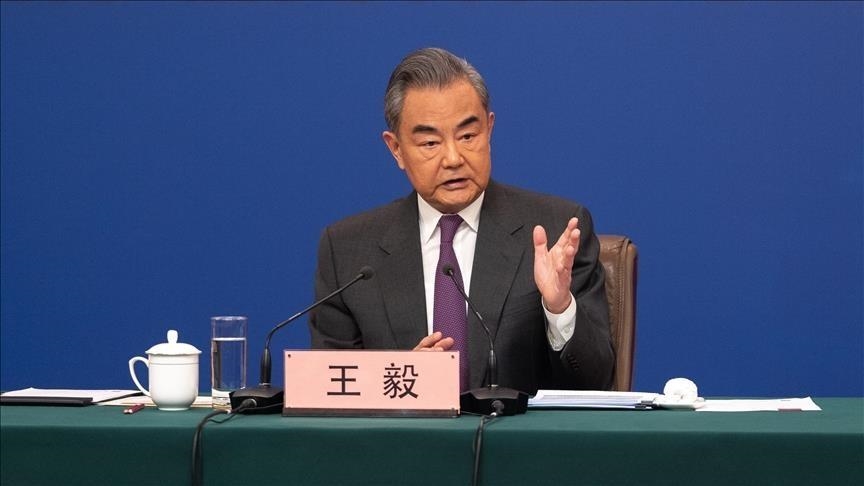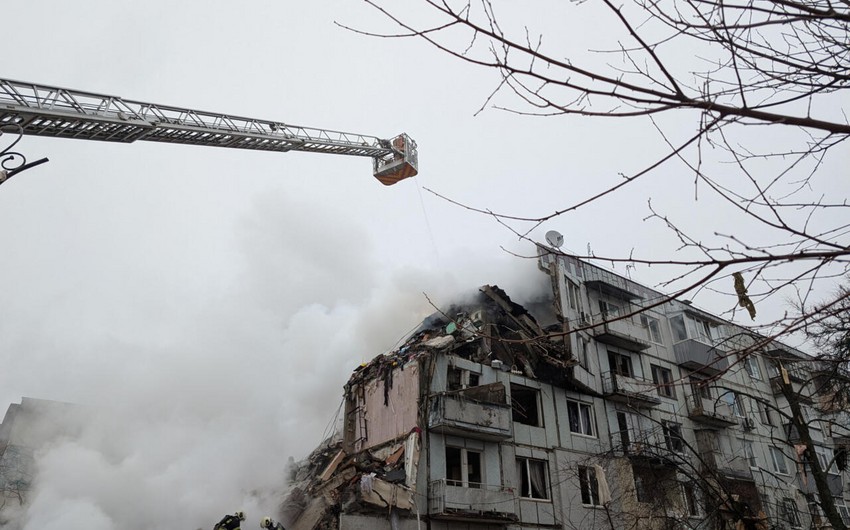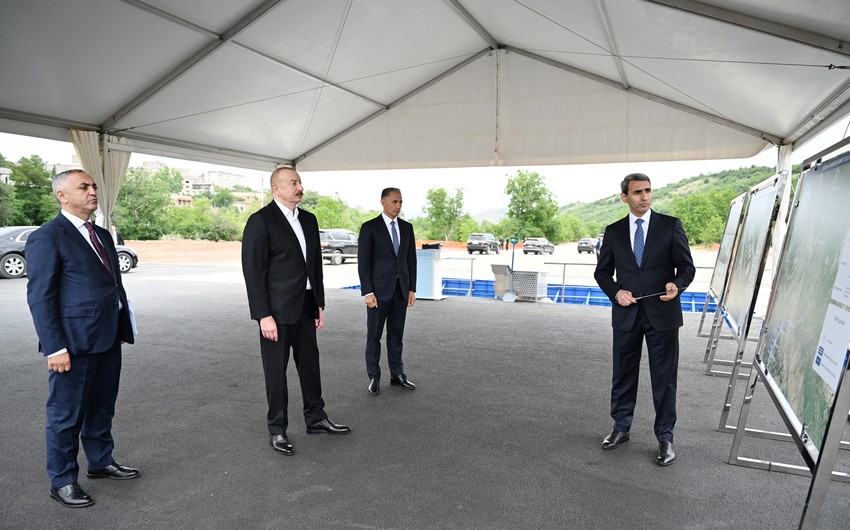Protests against the "foreign agents" law continue in Georgia. The law "On transparency of foreign influence" has undoubtedly become a kind of controversy for Georgian society, and according to several analysts, there is no peaceful consensus regarding its adoption in Georgia. The European Union has already called to stop the riots and avoid violence against citizens.
What will be the result of these protests in the neighboring country?
The European Union has weighed in on the matter, urging an end to the protests and emphasizing the importance of avoiding violence against citizens.
Gia Nodia, former Minister of Education and Science of Georgia and director of the Caucasus Institute for Peace, Democracy, and Development, offered insights into the situation during an interview with Ednews. Nodia expressed grave concerns over the potential ramifications of the law, stating that its adoption would signify a significant setback for Georgia's European integration project.
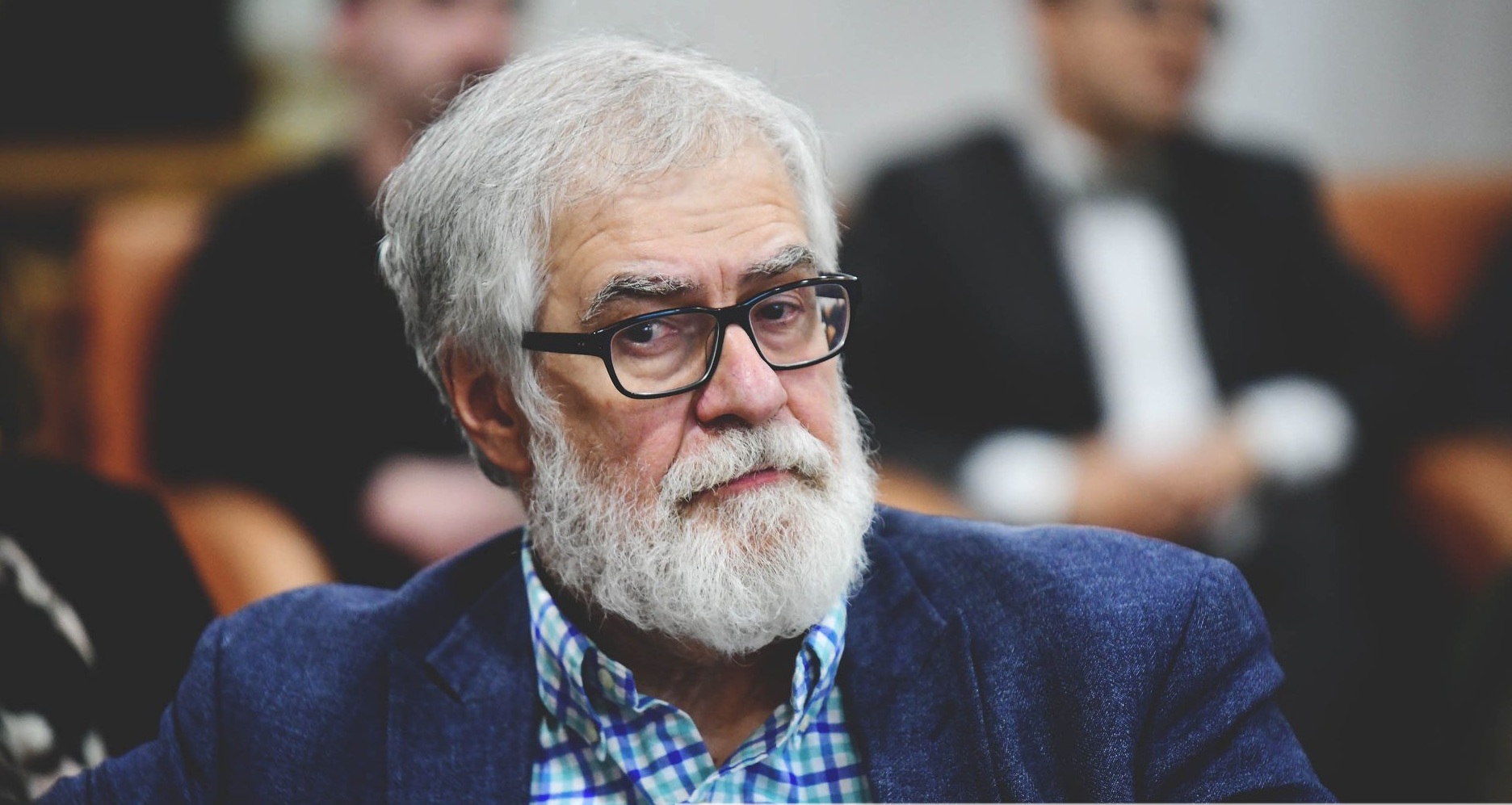
Nodia remarked, "Adopting this law effectively means that at least Georgia's European integration project is suspended for the time being." He emphasized that a large segment of the Georgian public views the law as incompatible with European norms and values, leading to widespread protests demanding its withdrawal.
Despite uncertainties surrounding the outcome, Nodia suggested that even if the government were to withdraw the draft law, it might not suffice to quell public discontent. He posited that the episode underscores a broader shift in Georgia's policy towards European integration, with implications for its relationship with Russia.
Regarding the ongoing unrest, Nodia noted the broad-based nature of the protests, involving not just young people but also participants from various regions of Georgia. The decentralized nature of the protests adds to the uncertainty surrounding their trajectory, with no clear end in sight.
Nodia concluded, "We don't expect this to finish soon," indicating the persistence of public dissatisfaction and the continuation of protests in the foreseeable future.

